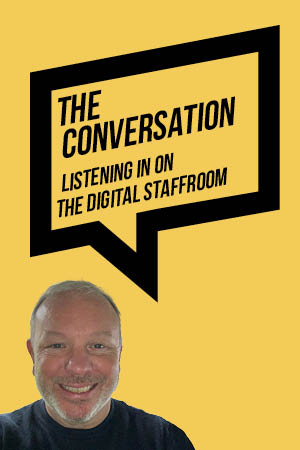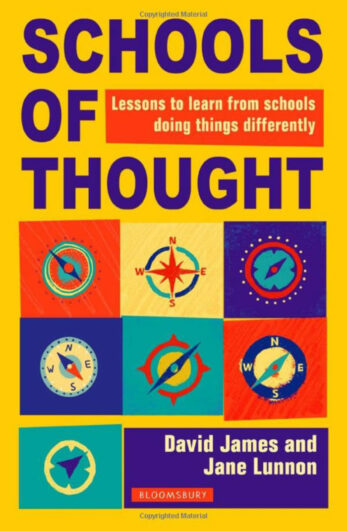One of the great benefits of Twitter and blogging is sharing ideas, resources, debates. This week I’ve chosen six blogs that do exactly that. They pass on advice, often acting as a conduit for other voices.
Top five reads for evidence-informed teachers
Alex Quigley recognises how difficult it can be for practising teachers and leaders at all levels to find time to keep abreast of recent research. Instead we find ourselves reacting to the “day-to-day” rather than proactively “sharpening our axe”, as Stephen Covey would say. Here Quigley offers “a quick-fire selection of [his] top five must-read research evidence summaries freely available for busy teachers and school leaders”. Worth finding time over the summer, maybe?
Reflecting on teacher workload, Paul Banks shares specific strategies on how heads can try to ensure demands are reasonable and expectations realistic. What practical strategies make a difference? “In an educational environment of reduced funding, a new national curriculum, new GCSEs and A-levels, assessment without levels and new accountability measures for secondary schools in England, it is essential that school leaders try to reduce the burden of workload and pressure on teaching staff.”
“If you can say it then you have a better chance of writing it.” Chris Moyse presents links here to a number of resources for developing literacy and building pupil subject-specific vocabulary, across a range of subjects, from reception to key stage 4. You can find the links that are most relevant to the age group and subject area(s) you teach, and so benefit from the effort Moyse and his colleagues have put in. How can we ensure we develop learners’ facility to talk like a sportswoman/sportsman, an artist, a historian?
@nancygedge & #PrimaryRocks contributors
Nancy Gedge collates the outcomes of discussions among a range of colleagues at #PrimaryRocks, considering practical suggestions for how to make the best use of teaching assistants to support individuals and small groups, including those with specific learning needs and disabilities. She adds her own reflections, and the comments beneath the post are also useful and interesting. As she concludes: “When we work together, we are more powerful. Teaching is a collegiate thing, after all.”
Subject development pedagogy: remembering and revising
Shaun Allison is adept at collating, reporting and communicating the ideas of colleagues, as well as exploring and discussing his own thoughts on a range of subjects. Here he focuses on the subject of memory to support revision, citing work by Andy Tharby but also drawing together information from a range of sources. He offers specific strategies for putting some of the theory into practice, and cites ideas from a number of different subject areas as to how they might apply this in their own context.
Finally, on the subject of sharing, prolific bloggers occasionally post digests of everything they have written in recent years. English specialists should find English teacher Chris Curtis’s posts particularly helpful but, in common with many of his fellow bloggers, he also writes about general education subjects, including gender, assessment, special needs, differentiation and inspection. In my view, it is a great illustration of the power of blogging to disseminate information and ideas – to encourage reflection and to create networks. Use Twitter and blogs judiciously and you will save time, rather than simply use up time.
Happy sharing.







Your thoughts